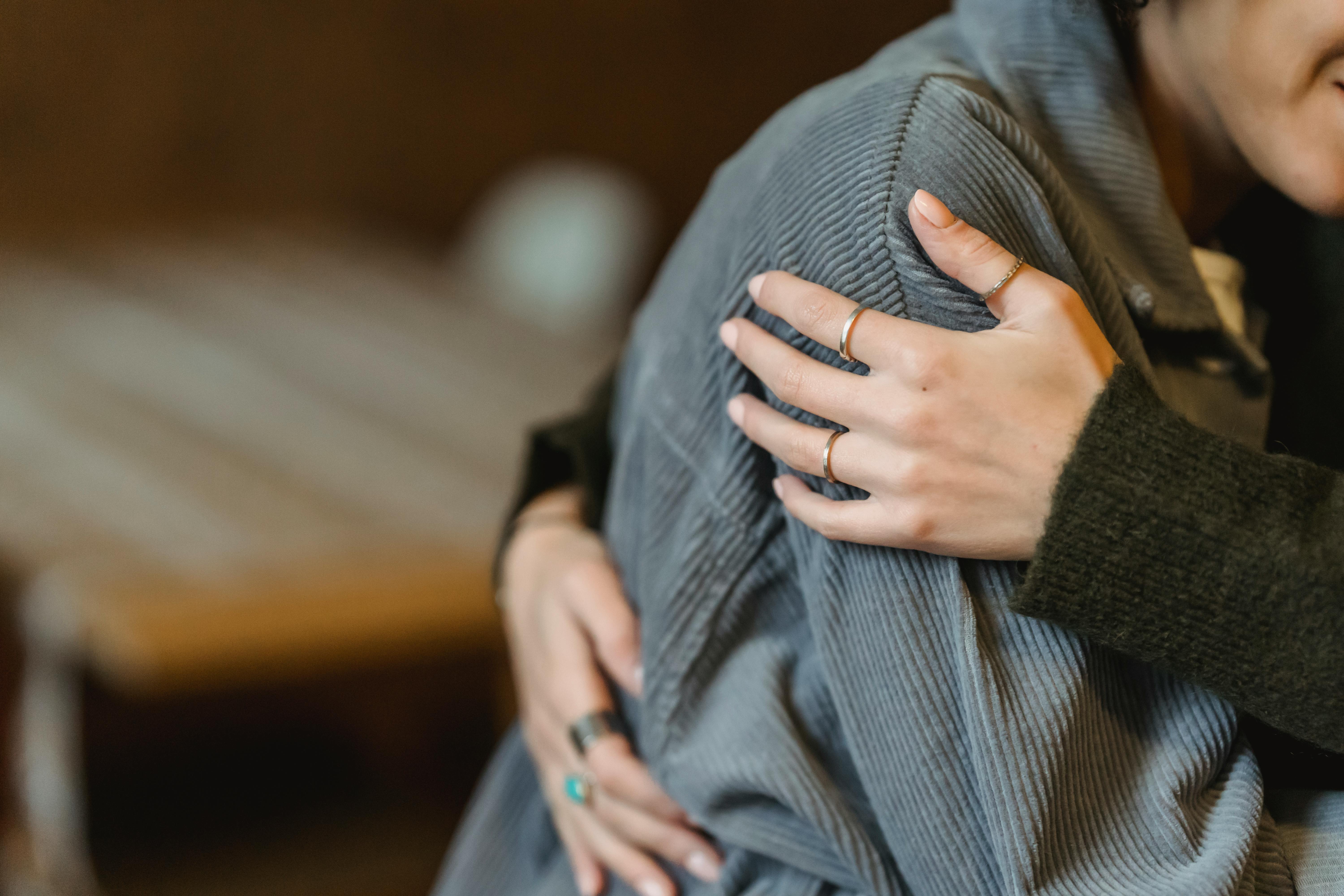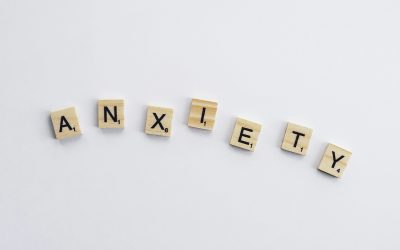Clients have come to therapy and asked me what the difference is between feeling sad and being depressed. When I hear that question, I often come to find the sadness they are feeling is not so much depression, but a grieving experience. Grief is a process – a series of feelings and thoughts – we go through to let go of what is already gone. Grief, unlike depression, is a healthy and necessary part of being alive. As such, grief is to be embraced so that we can allow it to change us. In the process of letting go, grief can change us, and we can seek a new identity, a new life and certainly we grow in wisdom, humility, and empathy.
Sad is the physiological response to the perception of a loss. And as such it is a necessary part of the grieving process. What we do not know, nor talk about, is that grief is not limited to the loss of a person through death. I have worked with clients as they have grieved their relationships, ideals, expectations, goals, even delusions. All of us, at some point in life, realize that life is just not going as we expected. That we are not experiencing life the way we want to. And even after achieving many goals, we simply do not feel the way we thought we would feel or should feel.
Depression can be a stage of the grieving process as well. Depression can occur when we get stuck in the sad stage of grief. We get stuck primarily because we do not know we are grieving and that we are in the process of letting go, so we hold on to the sad feeling as a way of holding on to the past. With depression there is a sense of helplessness or hopelessness and that can occur with grief too. When we know we are grieving and we are actively working to let go of what we have lost, we work through the process. This is active grief. The other way we grieve is passive. This occurs when we do not know we are grieving and/or we resist the decision to let go of what is gone. It seems counterintuitive – why not let go if it is already gone? – but that is what we do until we know better. We resist the process of change. And all losses require some change.
Some of us are better at grieving than others. Some of us are more naturally resilient and find it easier to let go and adapt to change. Others are unable to grieve due to neurological impairments. This may seem like a preferable state, but it hinders us from growing into more mature, wise, loving human beings. Once I attended a therapy training conducted by an elderly psychoanalytic psychologist, and he described a session that was about loss then added, “After all, isn’t every therapy session about grief?” And that stayed with me because life is constantly changing and with change there is loss and with loss there is grief which makes grief a function of being human.
View More
Coping with Anxiety
I learn as much from my clients as they learn from me, which is why my life is richer and more fulfilling because of the work I do. Recently, a client returned to treatment to focus on an eating disorder. I had already successfully treated her for an anxiety disorder...
Blog on Anxiety
I was about 25 years old when I first learned the term anxiety. Until that time I was not aware such a feeling existed. Fear I knew well. Having grown up in a family where my father was chronically ill and eventually died when I was in 10th grade. The uncertainty of...
Personality Disorders
Personality is the way a person thinks and acts in the world. There are many personality traits. No two people have the same traits in the same way. All personality traits are helpful in the right context, but some people have such limited traits that they do not have...





0 Comments